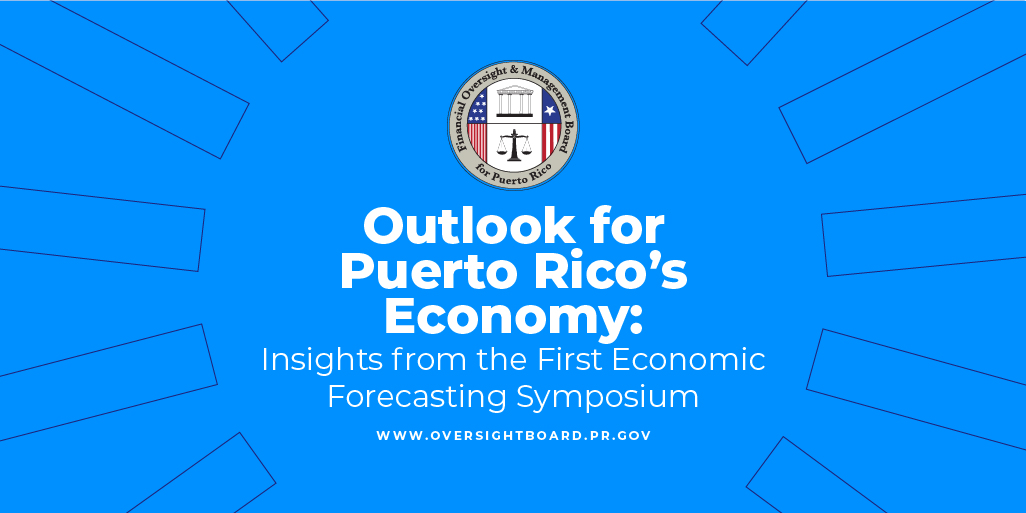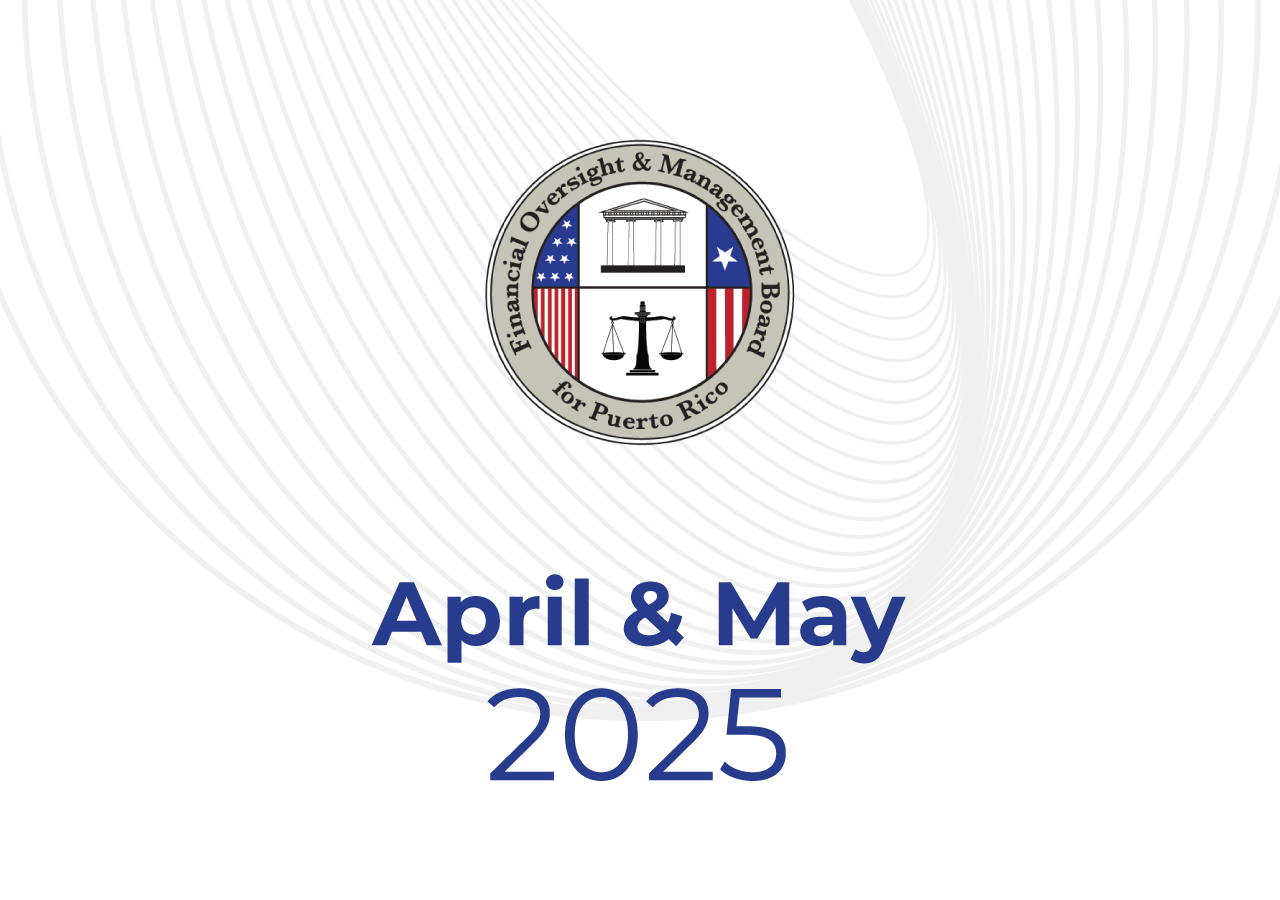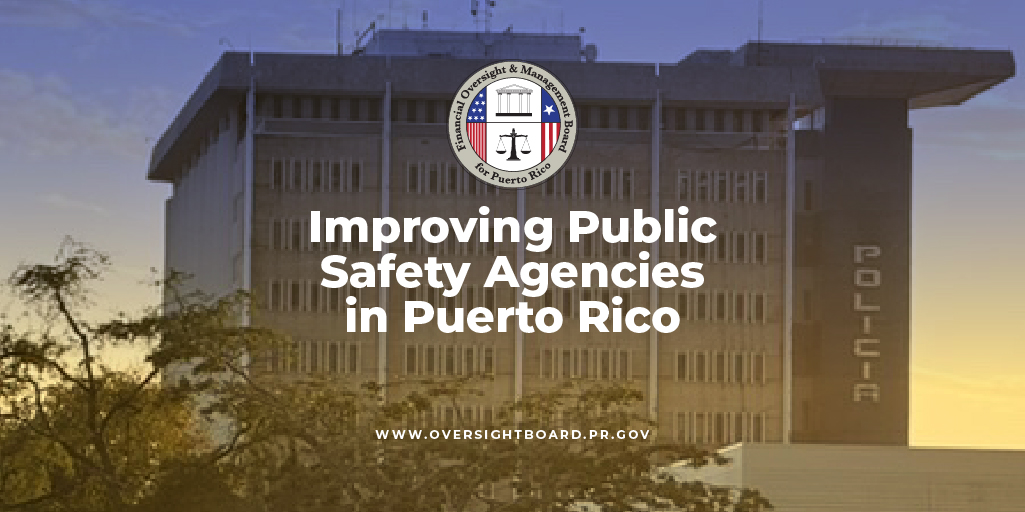Financial cooperatives in Puerto Rico, just like credit unions on the U.S. mainland, provide access to banking and financial services to individuals and businesses. Across Puerto Rico, access to these financial services is essential to economic development, mainly outside San Juan where banks have limited presence.
The Public Corporation for the Supervision and Insurance of Cooperatives in Puerto Rico (COSSEC) regulates the cooperatives and insures shares and deposits up to $250,000 per person per institution.
Significant work remains for COSSEC to build a resilient cooperative system that is aligned with mainland best practices. The COSSEC Fiscal Plan the members of the Oversight Board certified on May 18, 2023, is a road map to improve the regulatory oversight and stability of the cooperative system in Puerto Rico.
COSSEC has made some progress but must continue monitoring the coop’s capitalization requirements and continue working on in other areas that, if not promptly assessed, could continue to undermine the full potential of the system.
- Reforms to COSSEC governance are key to achieving progress and be able to make decisions independently.
- Delays in the resolution of uncapitalized coops increase long-term costs to the COSSEC Insurance Fund, generating risks and higher insurance premiums for solvent coops.
Until legislation is approved to reform the governance, the Government and COSSEC must implement a Prompt Corrective Action (PCA) protocol like those the National Credit Union Administration (NCUA) and the Federal Deposit Insurance Corp. (FDIC) have in place. Such a PCE protocol would require COSSEC to make a final decision about capitalization plans of undercapitalized cooperatives.
COSSEC must also focus on implementing improved accounting policies and converting coops’ accounting books from RAP (Regulatory Accounting Principles) to GAAP accounting (Generally Accepted Accounting Principles).
Under RAP accounting, potential losses are masked because RAP does not require disclosure of the current market value of assets under distress.
The transition also requires legislation. While legislation is approved, the Government and COSSEC must implement internal processes like the issuance of circular letters and modifying COSSEC internal database systems to reflect changes in GAAP accounting.
Further, COSSEC needs to constantly measure and control the impact of the interest-rate risk within the market value of the COSSEC Insurance Fund and COSSEC financial statements.
Finally, considering that cyberattacks are becoming more common and sophisticated, COSSEC should increase the support and oversight and ensure that coops routinely perform necessary tests to improve their cyber resilience.
The COSSEC Fiscal Plan lays out a series of reforms that will allow COSSEC to address the cooperatives’ most pressing needs, while paving the way for the system in the future.





